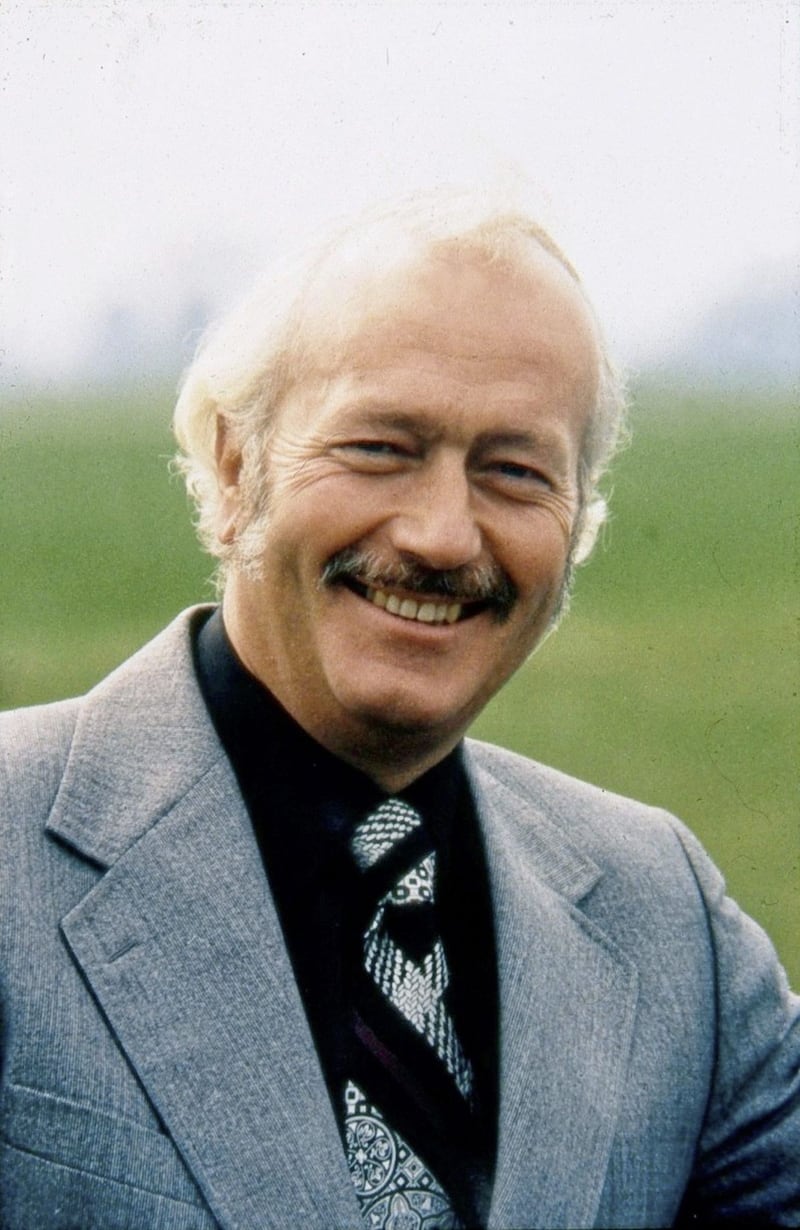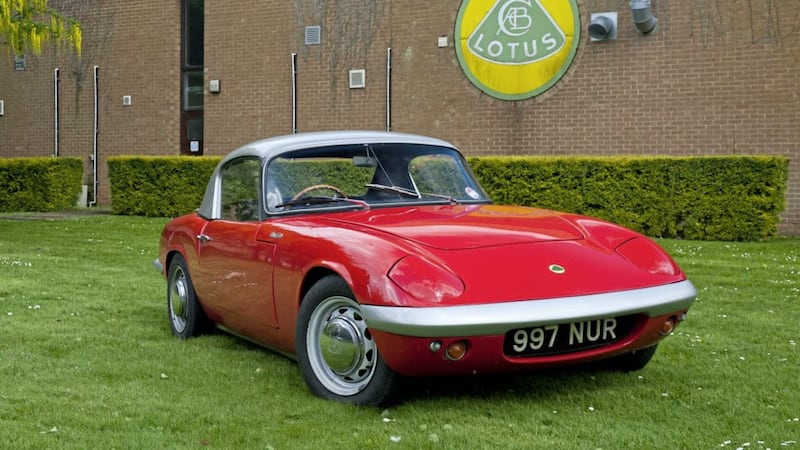COLIN Chapman, the founder of Lotus Cars, was one of motor racing's most influential engineers. He summed up his philosophy briefly: "Simplify, then add lightness."
A stripped-down, featherweight car might be slower on the straights than a beefy muscle-machine, he reasoned. But it would be faster everywhere else. Between 1963 and 1978 Lotus won seven Formula One Constructors' championships.
Chapman's insight appears to be uncommon. A recent paper published in Nature suggests that humans struggle with subtractive thinking.
When asked to improve something - a Lego-brick structure, an essay, a golf course or a university - people tend to suggest adding new things rather than stripping back what's already there, even when additions lead to sub-par results.
The lead researcher, Gabrielle Adams, observed that the research was motivated by everyday observation rather than psychological theory, citing folk wisdom such as "less is more" and "keep it simple".
Dr Adams and colleagues at the University of Virginia conducted a series of studies. In one, participants were asked to alter a pattern on a grid of coloured squares to make it symmetrical.
Although the task could be completed equally well by adding or removing squares, 78 per cent chose to add them. When asked to alter an essay they had written, just 16 per cent cut words.
This tendency was observed beyond the lab. Of over 800 suggestions received by the new boss of an American university for how the institution could be improved, 581 involved adding new things, such as more grants for studying abroad. Just 70 suggested removing something, such as preferential admissions for children of alumni.
Asking people to make a golf course worse rather than better did not change the preference for additions, scuppering the idea that extra features might he seen as desirable in their own right.
The authors say that what all this amounts to is evidence for a new entry in the list of the 180 already known 'cognitive biases' that negatively impact how humans think.
The 2002 Nobel Memorial Prize in Economic Sciences was awarded for demonstrating that humans are not "rational" in the way economists had used the word, and often make poor decisions.
For example, we tend to complete things in which we've already invested substantial time and energy; we falsely edit our memories; we discard specifics to form generalities; we are drawn to details which confirm our own existing beliefs; we notice flaws in others more easily than we notice flaws in ourselves.

Being aware of our susceptibility to make poor decisions has helped organisations and individuals make better ones, and the new discovery of our tendency to complicate rather than simplify can help us all.
Søren Kierkegaard is recognised as one of the most influential philosophers of the 19th century. During his life he wrote thousands of pages at a frantic pace of productivity. But in one of his last published works he noted the value of the Christian life, especially its simplicity.
"Christianly, one does not proceed from the simple in order then to interesting, witty, profound, a poet, a philosopher," he wrote.
"No, it is just the opposite; here one begins simple and becomes more and more simple."
Scripture highlights simplicity as a path to holiness. In the Psalms we read, "The Lord preserves the simple", and, "The testimony of the Lord is sure, making wise the simple".
The saints speak of the importance of a simple approach to faith: St Francis de Sales said, "Few things are really necessary for salvation: believe all the mysteries of our religion and keep the commandments of God."

Pope Francis has also cautioned people of a modern materialistic culture which draws us into the culture of more: "The emptier a person's heart is, the more he or she needs things to buy, own and consume."
He also reminds us how this culture of excess has affected our human relationships: "Today, we can recognise that we fed ourselves on dreams of splendour and grandeur, and ended up consuming distraction, insularity and solitude. We gorged ourselves on networking, and lost the taste of fraternity."
A simple lifestyle keeps us open to God and enables us to carry his message of unity and peace to others.
Jesus understands the value of simplicity. When He sent his 12 disciples out on mission, he said: "Take no gold, nor silver, nor copper in your belts, no bags for your journey, nor two tunics."
Simplicity was crucial in order for the Holy Spirit to act through his disciples in building up the early Church. When Jesus visited Martha and Mary, we hear that, "Mary sat at the Lord's feet and listened to his teaching."
Martha, on the other hand, preoccupied with her many chores, said to Jesus: "Lord, do you not care that my sister has left me to serve alone? Tell her to help me." The Lord answered her, "Martha, Martha, you are anxious and troubled about many things; only one thing is needful. Mary has chosen the better part, which shall not be taken away from her."
Mary's simple, quiet attentiveness displayed greater reverence for Jesus than Martha's anxious toil.
Colin Chapman's approach to motor-racing success was clear: "Simplify, then add lightness." Our faith often reminds us of the value of thinking and living simply, enabling the spiritual fuel of the Holy Spirit to strengthen us during our journey of life.
May we become more aware of the importance of simplicity, so that we can say, with the Psalmist: "The law of the Lord is perfect, reviving the soul; the testimony of the Lord is sure, making wise the simple."
Brian Wilson grew up in Ballymena, Co Antrim and holds a PhD in Organic Chemistry from the University of Oxford. He is currently a seminarian for the Diocese of Down and Connor.








